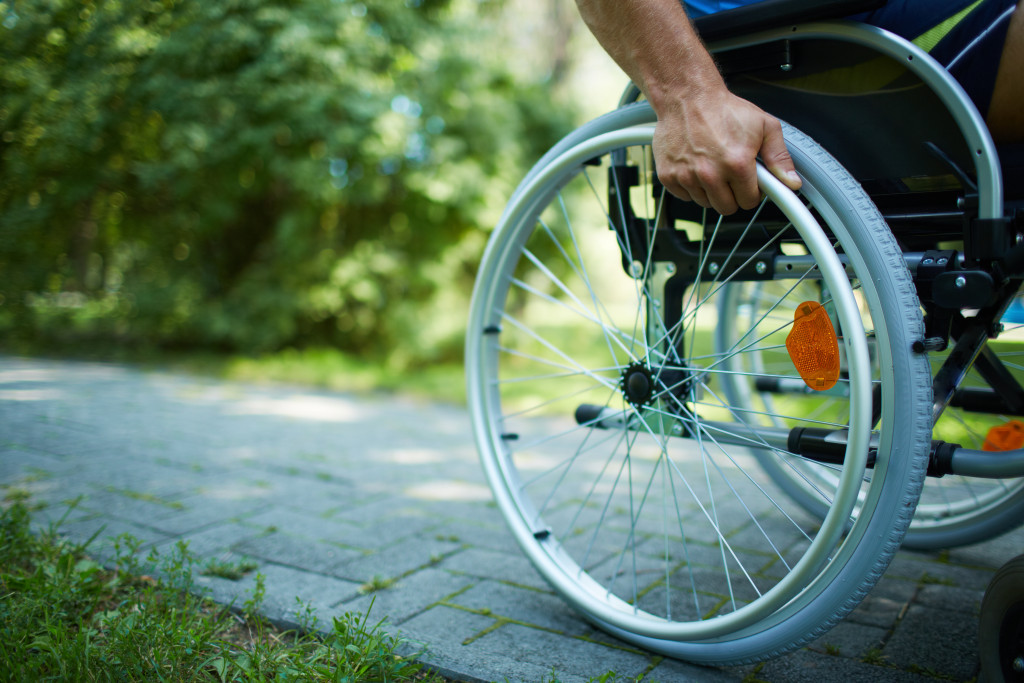- Preventive healthcare services contribute to the overall health and well-being of individuals with disabilities by enabling early detection and management of potential health issues.
- Support groups provide an essential platform for individuals with disabilities to share experiences, receive emotional support, and promote mental health.
- Inclusive activities and reciprocal relationships foster a sense of belonging and equality, significantly enhancing social engagement and emotional well-being.
- Occupational therapy promotes independence and improves the skills needed for daily life activities, thus contributing to the holistic well-being of individuals with disabilities.
Engaging in social activities is a powerful way to boost your overall well-being, particularly if you have a disability. Interacting with others builds strong relationships and enhances your emotional health. Dive into how fostering social engagement can significantly improve the health and well-being of disabled individuals.
Community Participation
Community participation, an integral aspect of social engagement, significantly enhances the quality of life for individuals with disabilities. Here are some things to consider:
Support and Services
An instrumental aspect of community participation for individuals with disabilities is providing support and services, including the availability of Supported Independent Living (SIL) vacancy options. SIL refers to housing support that encourages self-sustainability and autonomy among disabled individuals.
These options offer customized solutions designed to match each individual’s unique needs and capabilities, fostering an environment where they can live independently while still receiving necessary support. Access to SIL vacancy options radically enhances their quality of life, promoting self-esteem, self-reliance, and overall emotional well-being.
These services are significant enablers, empowering disabled individuals to participate actively in their communities, fostering social connections, and promoting inclusivity. The introduction of SIL vacancy options marks a significant stride in the journey towards an inclusive, accessible society that recognizes and respects the rights and potential of all its members.
Promote Preventive Health Care Services
Preventive healthcare services play a pivotal role in maintaining the health and well-being of individuals with disabilities. Regular health check-ups, screenings, and vaccinations help in the early detection and management of potential health issues, leading to improved health outcomes. Access to these services is also essential for understanding and managing the unique health risks and needs specific to individuals with disabilities.
Furthermore, awareness and education about preventive care, nutrition, and lifestyle choices contribute to the empowerment of disabled individuals, equipping them with the knowledge to take proactive steps towards their health and wellness. Thus, in the mission to promote the holistic well-being of individuals with disabilities, it is paramount that preventive healthcare services are made accessible, comprehensive, and inclusive.
Support Groups

Support groups are vital in the community participation framework for individuals with disabilities. They provide a safe space for sharing experiences, expressing emotions, and discussing challenges. These groups often foster deep connections, providing emotional support and practical tips and strategies for managing daily life. They help combat feelings of isolation, promote mental health, and enable individuals with disabilities to thrive within their communities.
Beyond mere support, these groups often champion advocacy, raising awareness, and fighting for the rights and inclusion of disabled individuals. Support groups serve as empowering platforms, catalyzing personal growth and community engagement among individuals with disabilities.
Inclusive Activities
Inclusive activities form an essential aspect of social engagement for individuals with disabilities, contributing massively towards their overall well-being. These activities, designed to cater to people of all abilities, encourage participation and interaction, fostering a sense of community and belonging.
From sports and fitness classes to art and music workshops, inclusive activities offer avenues for individuals with disabilities to express themselves, learn new skills, and build relationships. Such events also raise awareness and understanding among the broader community, dispelling stereotypes and promoting acceptance.
More importantly, they provide opportunities for enjoyment, relaxation, and personal growth, greatly enhancing the quality of life. Inclusivity in activities is not just about accessibility; it’s about creating a community that values diversity and recognizes each individual’s unique contributions. Therefore, it is crucial to ensure these activities are readily available and accessible to all, paving the way towards a more inclusive society.
Reciprocal Relationships
Reciprocal relationships are fundamental in fostering an environment of equality and respect for individuals with disabilities. These relationships are based on mutual give-and-take, wherein all involved parties contribute and benefit equally. They are essential in promoting social inclusion and emotional well-being for disabled individuals, who can share experiences, exchange ideas, and build a sense of camaraderie.
Through these relationships, individuals with disabilities can experience the fulfillment of being valued, accepted, and included in a community. Reciprocal relationships also promote a sense of personal worth and confidence, as they acknowledge the unique skills and talents that each individual brings to the table. Therefore, fostering such relationships is crucial in enhancing the social engagement and overall well-being of individuals with disabilities.
Occupational Therapy

Occupational therapy is an invaluable resource for individuals with disabilities, aimed at enhancing their ability to participate in daily life activities. It is a client-centered practice that involves the therapeutic use of everyday activities (occupations) to increase independence and improve skills needed for successful participation in various environments.
These professionals work collaboratively with individuals to identify their unique needs and goals and devise personalized strategies to achieve them. Occupational therapy helps individuals with disabilities to adapt to their environment, perform essential tasks, and engage in meaningful activities that contribute to their quality of life.
It is critical in promoting independence, enhancing self-esteem, and improving overall well-being. This therapy is an essential service that fosters physical recovery and adaptation and psychological and emotional health, contributing significantly to the holistic well-being of disabled individuals.
In conclusion, your active participation in community services and interactions can significantly elevate your quality of life. Embrace preventive healthcare, support groups, inclusive activities, and occupational therapy. Remember, your voice, experiences, and contributions matter. Engage, express and empower yourself in your community today!








